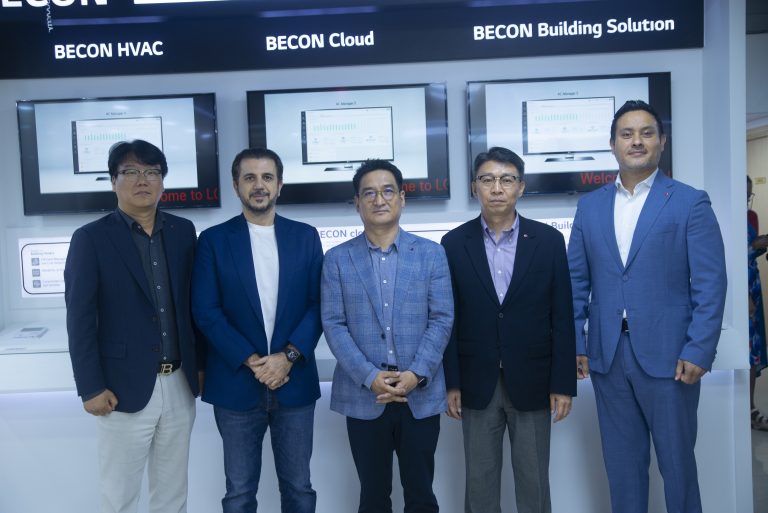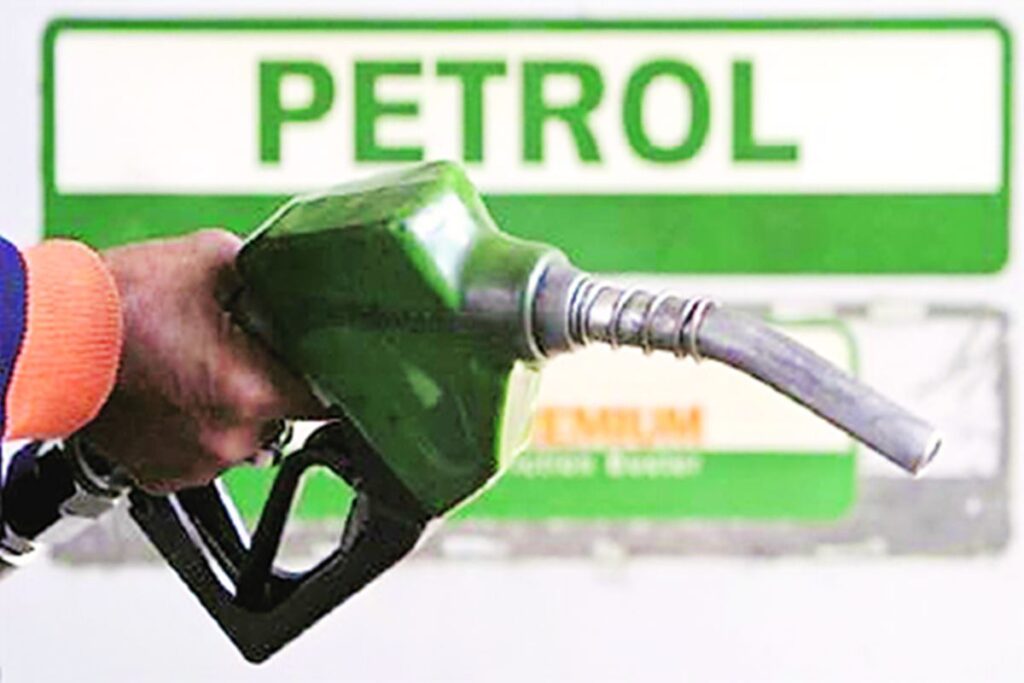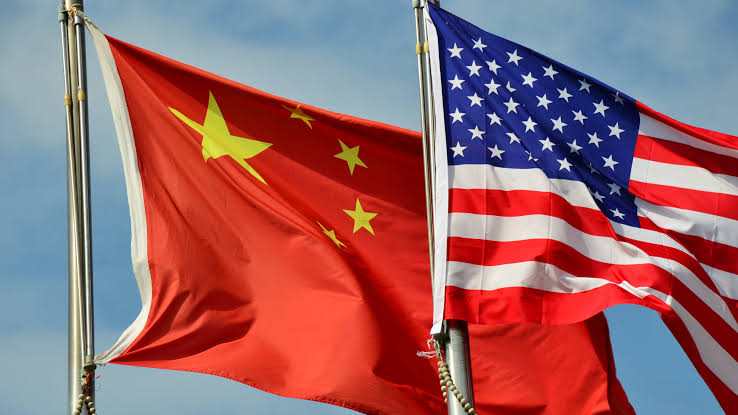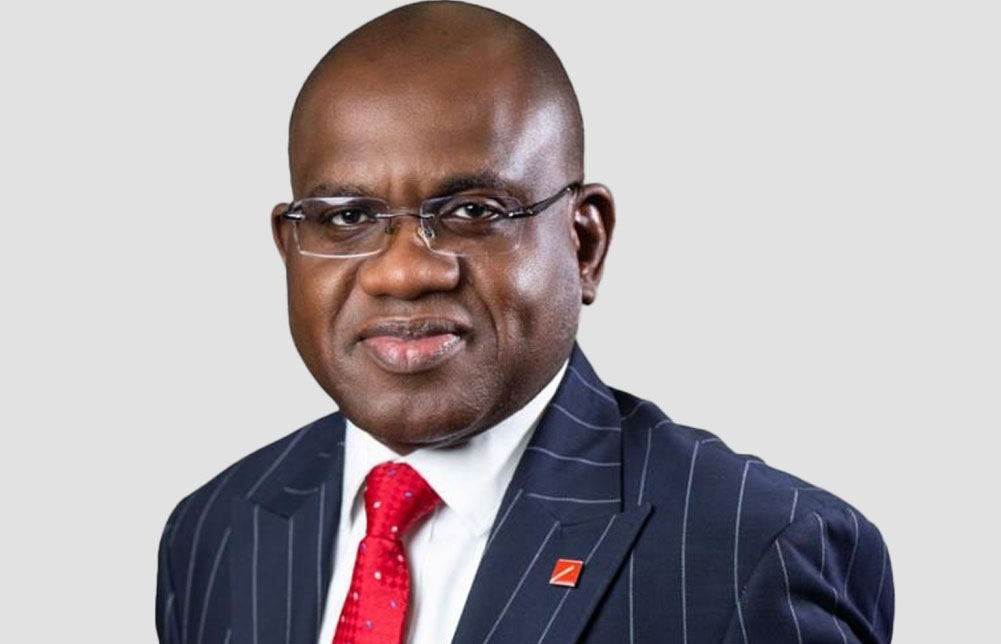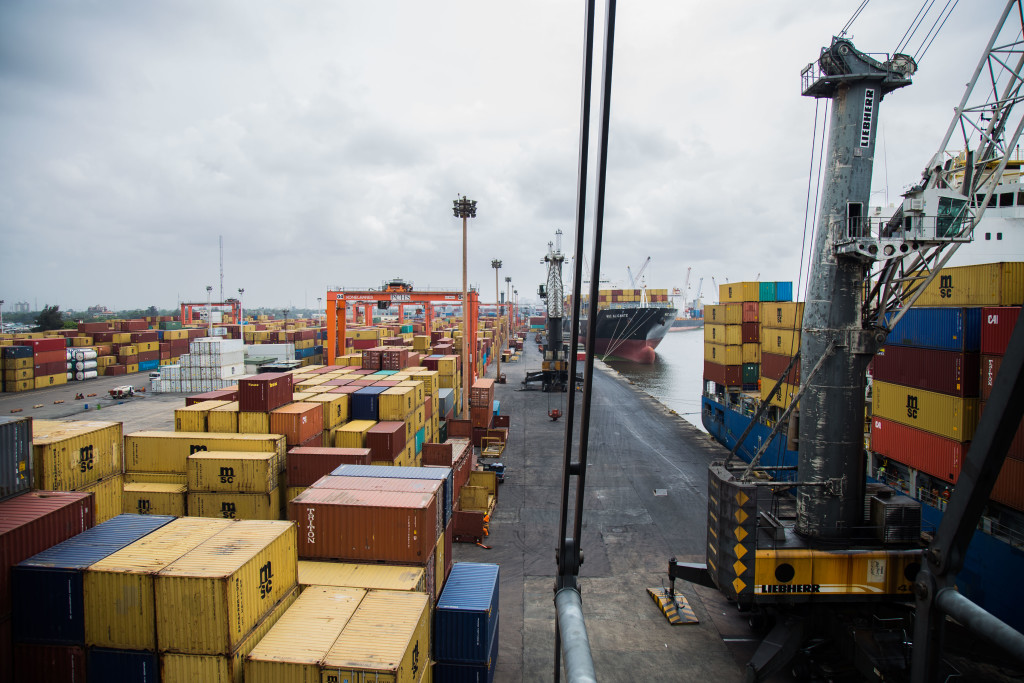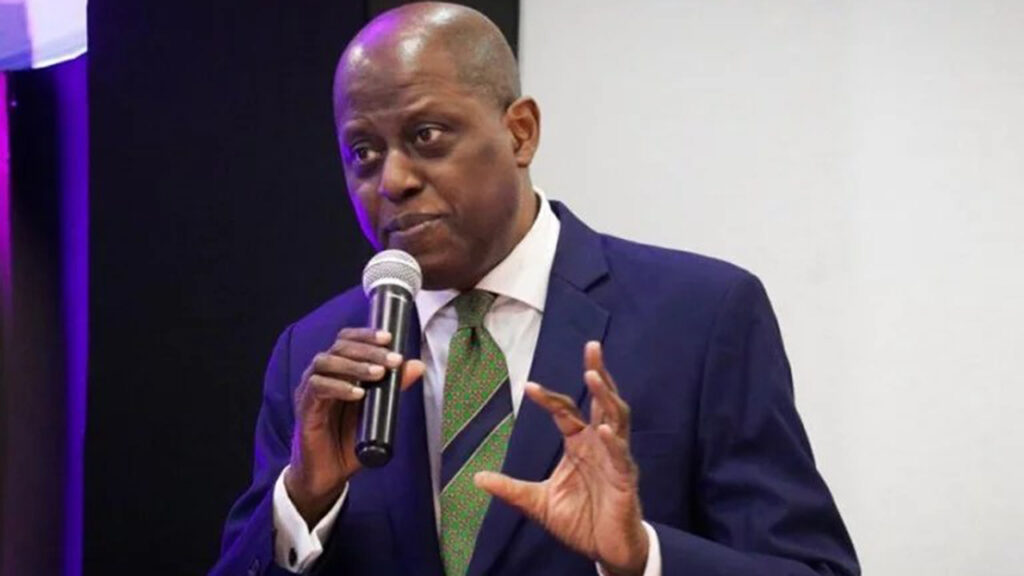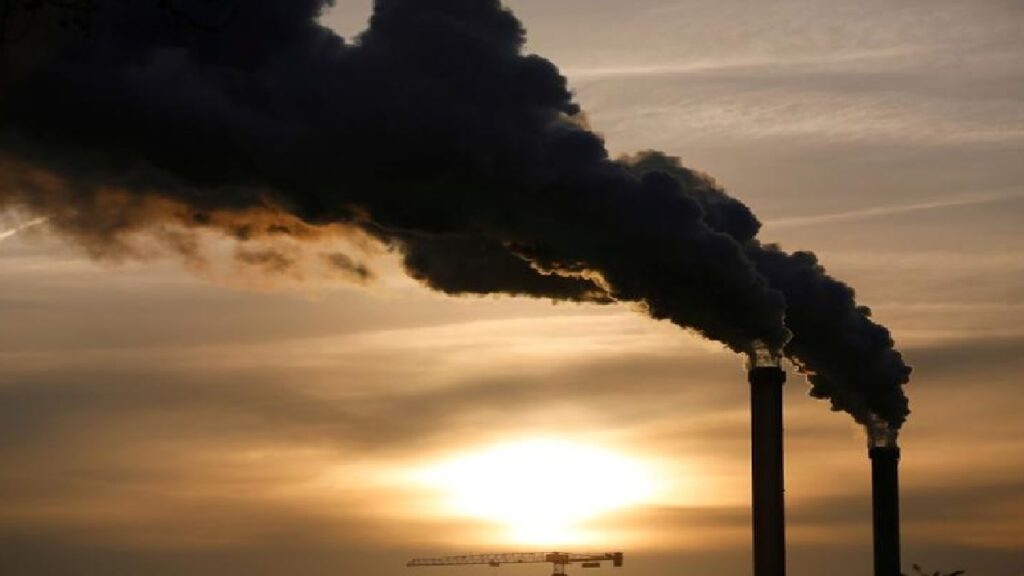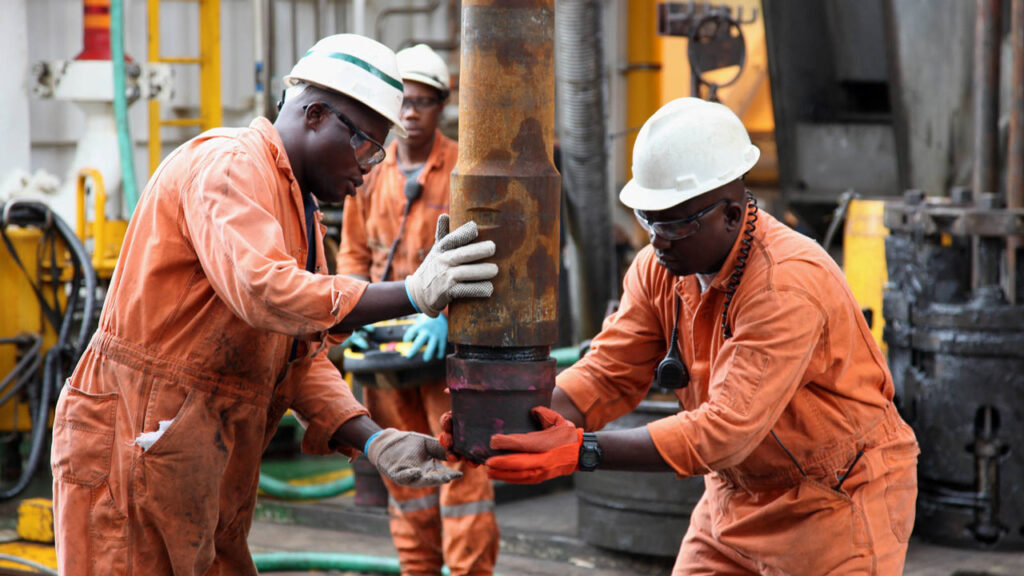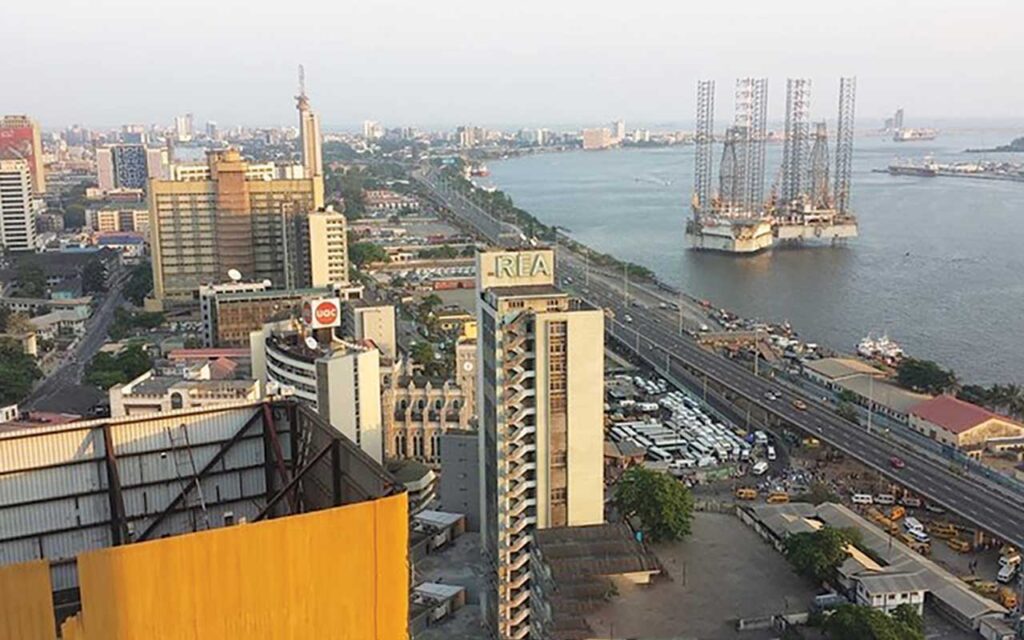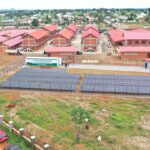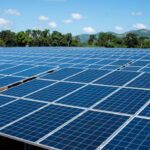
As the Middle East Energy Conference commences, stakeholders have stated that global and local dialogue remains key to the achievement of a robust, timely, just, and inclusive energy transition.
The conference, which commenced yesterday in Dubai, explores leeway to achieving energy transition in Nigeria and other African countries despite the lingering energy crisis.
Themed “Guiding the region through the energy transition”, the 48th edition focuses on five distinct product sectors that are leading the way in the energy transition: Smart Solutions, Renewable & Clean Energy, Backup Generators & Critical Power, Transmission & Distribution, and Energy Consumption & Management.
In 2020, Nigeria was ranked 129th out of 133 countries in terms of the complexity and diversity of exports. The Nigerian economy has for decades been largely dependent on oil as its main source of revenue.
According to data released by the National Bureau of Statistics (NBS), in the second quarter of 2022, Nigeria’s exports were dominated by crude oil, which accounted for 80 per cent of total exports. Despite this, its contribution to GDP was at a minuscule 6.33 per cent.
This worrying statistic highlights the importance of Nigeria significantly reducing its dependence on crude oil, especially in the face of stronger calls for global energy transition which was agreed upon with the view to drastically reduce the production and usage of fossil fuels.
Indeed, there has been an increasing clamour for the adoption of renewable energy into Nigeria’s energy mix. Although lauded as rich in oil resources, what largely goes unappreciated is Nigeria’s large endowment of hydro and solar resources.
Advocates believe that renewable energy is more cost-effective in the long run, as well as more reliable and sustainable, noting that it will enable millions of people to have affordable and consistent access to electricity; transformative access that will serve as a complement to the conventional power supply. Above all, renewable energy will power sustainable economic growth whilst achieving global climate and sustainable development objectives.
Middle East Energy also features conferences and content arenas to provide a platform for knowledge sharing, support relationship building, and uncover solutions to some of the most pressing challenges posed by the energy transition. These include a CEO roundtable, a Technical Seminar, and the Intersolar Conference which will bring together global policymakers, utilities, developers, financiers, and technology leaders across three days to create the blueprint for a successful energy transition across the Middle East and Africa.
Furthermore, leading the conversation on opportunities and challenges that lie within Nigeria’s energy transition will be the Strategic Conference, a high-level forum that will discuss the unique opportunity presented to Nigeria to merge economic development and climate action priorities.
There will be a panel session titled “Perspectives from Nigeria on the Energy Transition” which will feature speakers such as Abubakar Ali-Dapshima, Director, Renewable & Rural Power Access Department, Federal Ministry of Power; Ahmad Salihijo, CEO, Rural Electrification Agency of Nigeria; Olakunle Williams, Chief Executive Officer, Tetracore Group; Sule Abdulaziz, Chairman of the Executive Board, West African Power Pool and the Managing Director, Transmission Company of Nigeria; and Sowunmi Olabode, Senior Legislative Aide to the Senate President, National Assembly of Nigeria.


